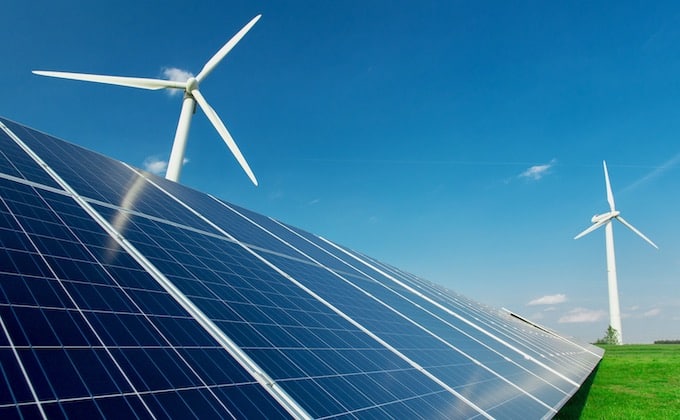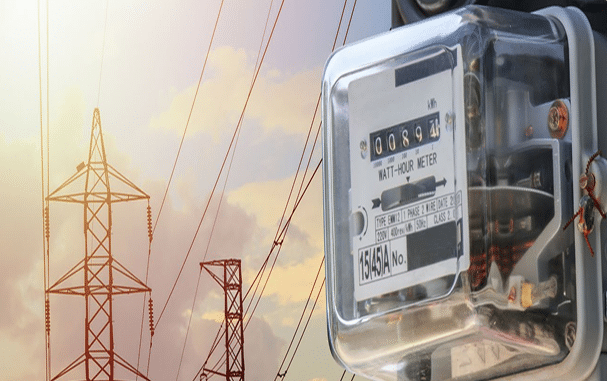
Knowledge Center
We believe that sharing our expertise and collaborations in clean energy policy is how real, effective change happens.
From reports and policy briefs, to webinars and podcasts—RAP advisors have built an extensive collection of resources providing in-depth analysis and practical solutions to today’s energy challenges.
Filter >>
Content Filter:
In an interactive webinar, Camille Kadoch of RAP and Amy Wagner of Evolved Energy Research presented the findings of a new report showing how enhanced demand flexibility from vehicle charging can unlock a significant amount of value to the power… View Summary +
Part of RAP and ICCT’s Benefits of EVs Through Smart Charging Global Project With economic forces and policy efforts encouraging transportation electrification, it is critical that electric vehicle (EV) demand on the power grid be carefully integrated to avoid unnecessarily… View Summary +

Increasing the availability of renewable energy is key to reducing harmful carbon pollution. But before building a large-scale solar or wind project, developers may need approvals from multiple levels of government. These reviews may consider project aesthetics, economics, land use… View Summary +

In a webinar panel discussion, presenters discussed the fundamentals of designing an effective 24/7 carbon-free electricity transition tariff: Integrate transition tariff investments with ongoing utility planning. Ensure accurate hourly emissions tracking and verification. Design transition tariffs to accelerate complementary investments. View Summary +
(A summary version of this paper is also available.) An increasing number of national, state and local government leaders recognize that rapidly decarbonizing the electricity grid is necessary to slow the disruptive effects of a changing climate. At the… View Summary +

(A technical version of this paper, with four detailed appendices, is also available.) An increasing number of national, state and local government leaders recognize that rapidly decarbonizing the electricity grid is necessary to slow the disruptive effects of a… View Summary +

Deployment of heat pumps is a key part of greenhouse gas reduction goals set out in the Inflation Reduction Act. In this paper, a collaboration between RAP and CLASP, the authors analyze impacts of the IRA on heat pump… View Summary +

In a webinar discussion, Mark LeBel, Steve Kihm, Richard Sedano and Damali Harding highlighted a RAP paper exploring the policy, legal and financial aspects of performance incentive mechanisms and re-examined recent practices underlying cost-of-service ratemaking and the utility business… View Summary +
As electrification continues to gain momentum, the implications for system reliability will be profound. Not only is demand likely to grow, but daily and seasonal patterns of energy use may shift. The Midcontinent Independent System Operator, for one, has highlighted… View Summary +

Access to consumption data from utilities enables building owners to cut utility costs, save money, increase asset value, and reduce carbon emissions. Too often, owners cannot access accurate data, especially when utilities bill tenants directly. Stakeholders in many jurisdictions requested… View Summary +

States are increasingly confronting the reality that burning fossil fuels for heat creates cost burdens for their residents, particularly for low-income households and struggling small businesses, while harming health and the environment. Importing those fuels imposes a drain on the… View Summary +

For over 50 years, a wide variety of reforms has been tried to correct the flaws of traditional methods of utility regulation generally and rate-making specifically. One category of reforms implemented by many jurisdictions to remedy some of those flaws… View Summary +

Electric vehicles (EVs) need to pay their fair share of road construction and maintenance costs. But by targeting EV owners with inequitable and inefficient fees, state legislatures continue to miss the opportunity to solve the challenge of responsibly funding highways. In… View Summary +

Fossil-fueled appliances in buildings are a significant source of emissions, not only of greenhouse gases but also pollutants such as nitrogen oxides (NOx), which are responsible for a variety of air and water quality and health problems. In a webinar… View Summary +
To meet decarbonisation goals, global renewable power capacity will need to more than triple by 2030, according to leading energy agencies. Centralised renewable generation will not deliver this level of change on its own, nor should it. Distributed energy resources… View Summary +


